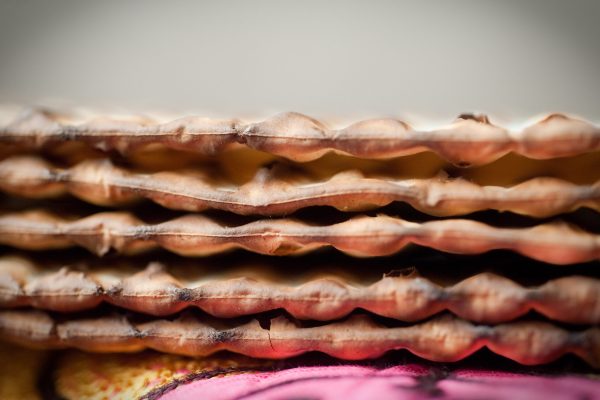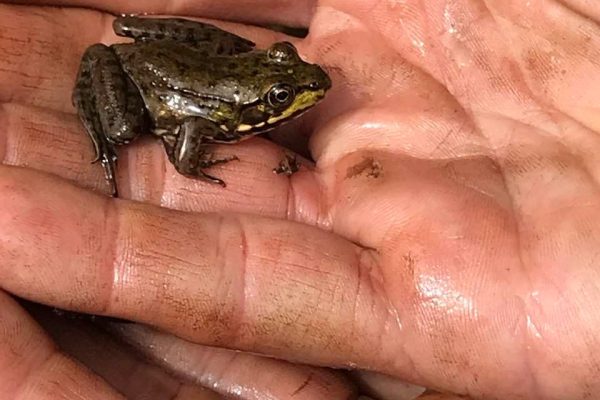First Question
What can we do as women to acknowledge each other in the continuous struggle to meet our own expectations and those imposed upon us?
Second Question
How can we as women develop and maintain a sense of spirituality within this context of change?
Third Question
How do we heal the fragmentation in ourselves as well as our community? How do we integrate our diversity and become whole?
Fourth Question
Why do we seek to develop new rituals? How do we celebrate these new rituals without betraying our cherished traditions, our past or our future?
From the Na’amat Women’s Pesach Haggadah, Montreal, 1999. Used with permission of Paula Weitzman.











